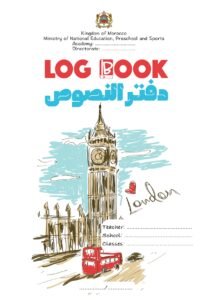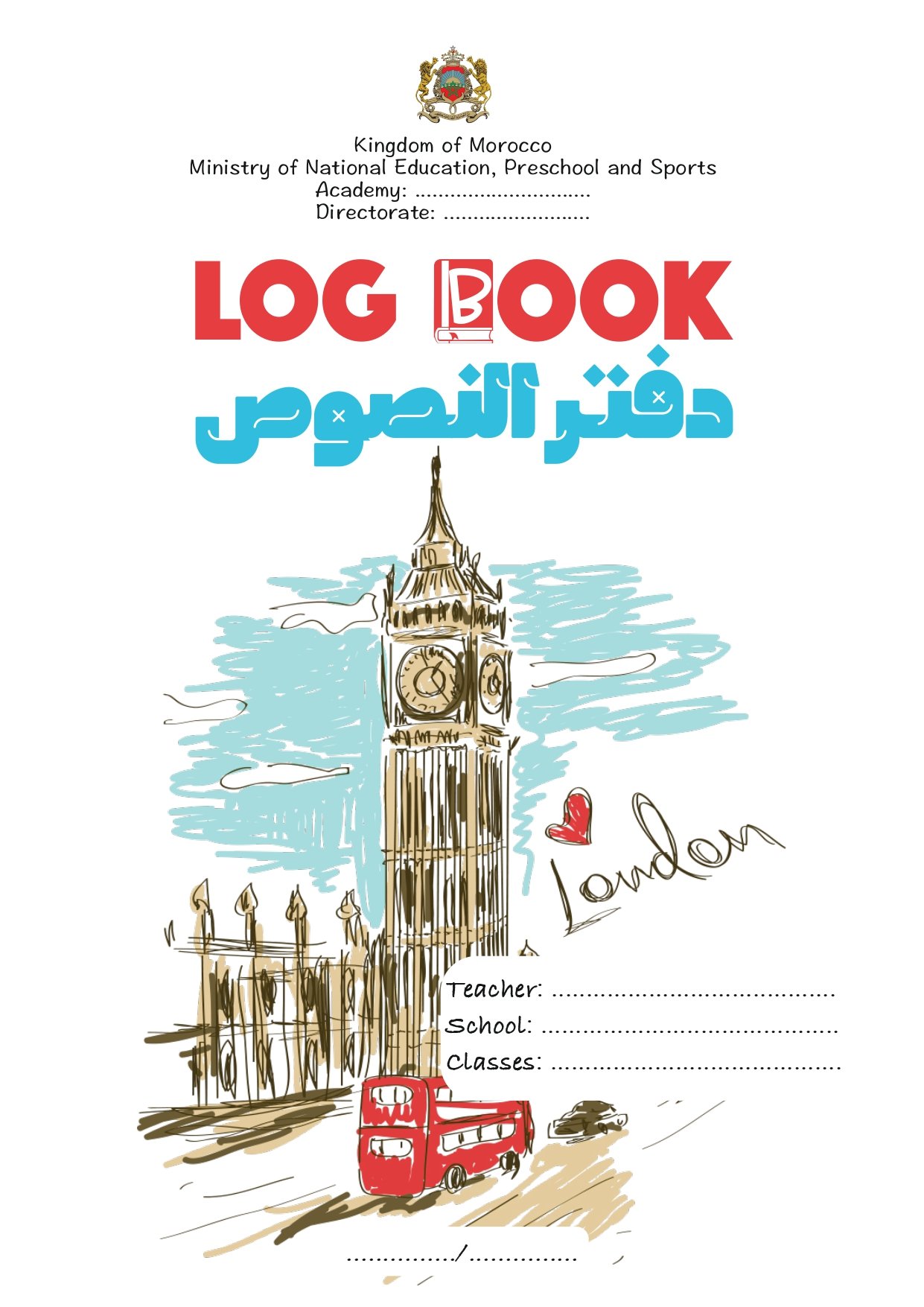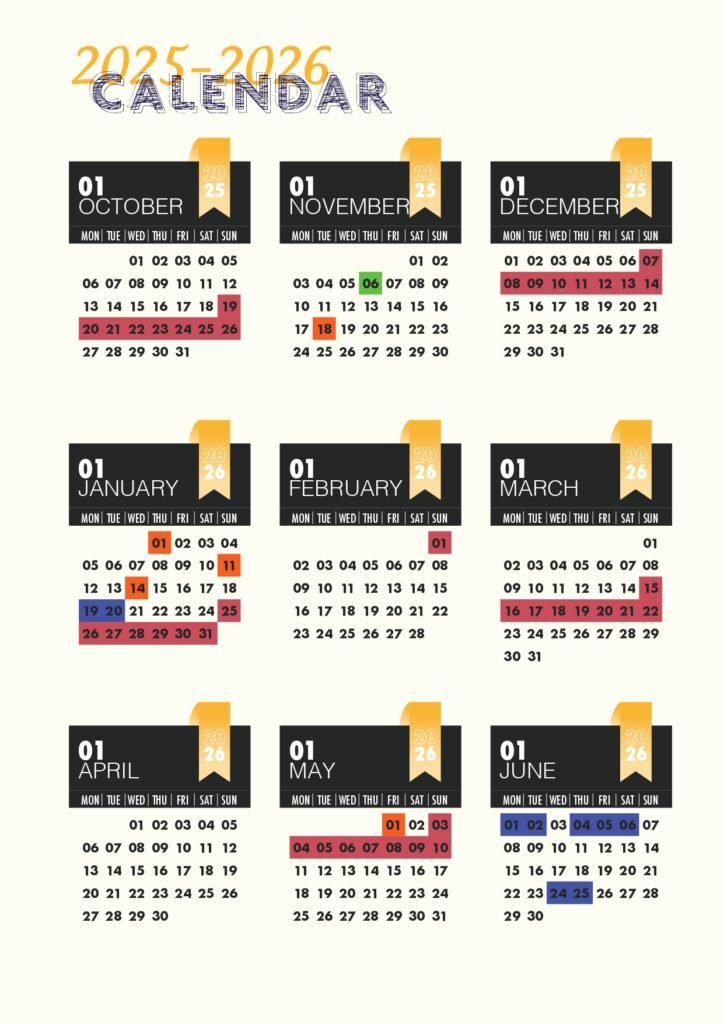Free PDF download Record Book for Moroccan ESL Teachers

Record Book for Moroccan ESL Teachers
For teachers in Morocco, maintaining accurate and organized records is essential, especially in English as a Second Language (ESL) classes. The “Record Book” or “Log Book” is a crucial tool used by Moroccan ESL teachers to ensure efficient classroom management and track student progress.
We’ll explore the essential components of this record book, highlighting how it helps teachers maintain structure and accountability.
What Is the Moroccan ESL Record Book?
The record book serves as an official document that helps teachers organize and record critical information about their classes. It is designed by the teachers in Morocco and is an indispensable tool for ESL teachers across the country.
This log book is more than just an administrative tool—it ensures that teachers stay on top of their teaching plans, track student performance, and remain compliant with the regulations set by educational authorities.
Key Features of the Moroccan ESL Record Book
The record book is divided into several sections, each designed to serve specific purposes. Below are the main sections that every Moroccan ESL teacher will use throughout the academic year.
1. Teacher and School Information
- Teacher’s name
- School name
- Classes taught
- Number of students
This section provides essential information about the teacher and the school. It also includes fields for listing the classes and total number of students.
2. Class Timetable and Schedule
- Weekly breakdown (Monday to Saturday)
- Periods for different classes
- Total teaching hours
Teachers fill out this section to structure their weekly schedules. It is particularly helpful in ensuring that all classes are covered adequately, and it helps track the number of hours taught.
3. Attendance and Licenses
- Medical and personal leave tracking
- Student attendance records
In this section, teachers document student attendance and manage their own absences. It includes designated spaces for tracking medical or personal leave, which is important for record-keeping and inspections.
4. Assessment and Grading
- Individual student assessments
- Class performance summary
- Grades for different terms
Grading and assessing student performance are crucial in ESL teaching. The record book provides spaces for teachers to document test scores, quizzes, and ongoing assessments. This section also allows teachers to keep a detailed record of how each student performs across the year.
5. Lesson Plan Documentation
- Unit and lesson tracking
- Quizzes, tests, and homework
Lesson planning is made easy through this comprehensive section, where teachers record the lessons taught, the materials used (textbook pages, units), and the lessons covered (vocabulary, grammar, reading, writing, etc.). This ensures that lessons are planned methodically and in alignment with the curriculum.
6. Inspector’s Notes
- Feedback from official classroom observations
- Suggestions and recommendations
Educational inspectors often visit classrooms to evaluate teaching standards. This section is reserved for their feedback and remarks, offering valuable insights for teachers to improve their methods.
Why Is the Record Book Important for ESL Teachers?
1. Accountability and Organization
The record book helps teachers stay accountable for their teaching and ensures that their lessons align with the national curriculum. It serves as a roadmap for teaching, providing structure and clarity.
2. Monitoring Student Progress
With dedicated sections for assessment and grading, teachers can easily track each student’s progress. This allows for better identification of struggling students, enabling timely intervention and support.
3. Compliance with Regulations
The record book is an official document required by the Moroccan Ministry of National Education. By keeping it updated, teachers ensure they comply with ministry regulations, which can be important during inspections.
How to Effectively Use the Record Book
Here are a few tips to make the most of the record book as an ESL teacher in Morocco:
- Fill it out regularly: Don’t wait until the end of the term to fill in the details. Keeping it updated on a weekly basis will save time and ensure accuracy.
- Use it as a reflective tool: The record book can help you reflect on your teaching methods and make adjustments based on student performance and feedback from inspectors.
- Incorporate detailed notes: For each lesson, include specific comments about what worked well and what didn’t. This will help in future lesson planning.
Conclusion
The Moroccan ESL record book is a vital organizational tool for teachers, helping them manage their schedules, track student progress, and ensure compliance with educational standards. By using the record book effectively, teachers can enhance their classroom management, ensure structured teaching, and ultimately support their students in mastering the English language.
Whether you are a new ESL teacher in Morocco or an experienced educator, the record book is a tool that can simplify your teaching experience and ensure you meet your professional responsibilities.
Preview
Preview and download the folder for free down below.



Thank you Sir. You are a legend.
Thanks for your kind words.
Amazing recordbook thank you
My pleasure si Ilyas.
I downloaded it but my pdf doesn’t read it. It says ‘an unexpected error has occured’
I think you need to extract the files first using winrar or winzip.
chokran bazzzaf.
Marhba ostada